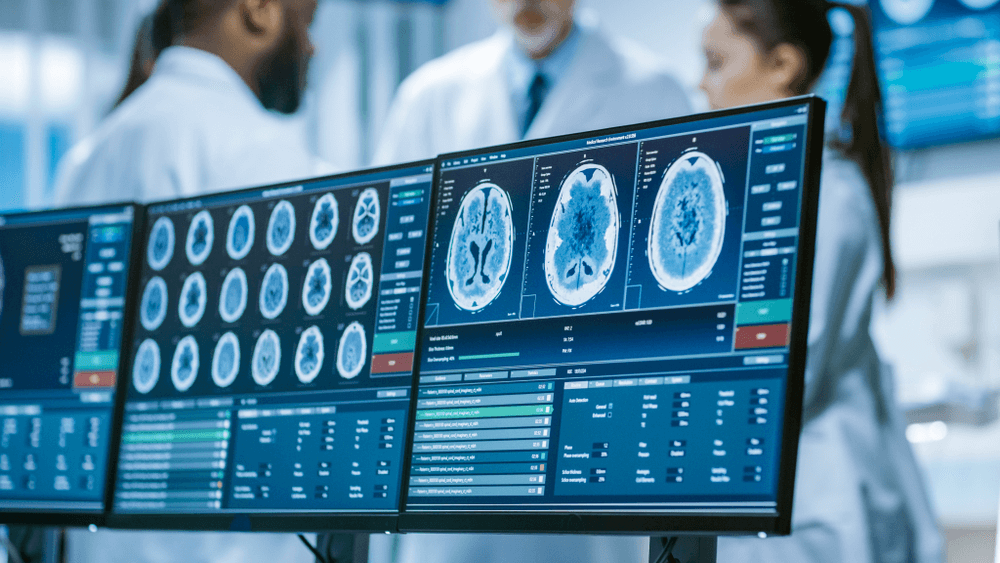
AI Unlocks Revolutionary Medical Advancements: Disease Detection and Treatment RedefinedAI Unlocks Revolutionary Medical Advancements: Disease Detection and Treatment Redefined Artificial intelligence (AI) is transforming the healthcare landscape, unlocking groundbreaking advancements that are redefining disease detection and treatment. With its unparalleled computational power and ability to analyze vast amounts of complex data, AI is empowering medical professionals like never before. Early Disease Detection AI algorithms can sift through medical records, imaging data, and genetic information to identify subtle patterns and anomalies that may indicate early signs of disease. For example, AI systems have been developed to detect skin cancer, diabetic retinopathy, and even Alzheimer’s disease years before traditional methods. By enabling early intervention, AI can significantly improve patient outcomes and reduce the burden on healthcare systems. Precision Diagnosis AI can assist in making more accurate and personalized diagnoses by analyzing patient data and comparing it to vast databases of medical knowledge. This allows physicians to narrow down potential conditions and rule out unlikely ones, leading to quicker and more accurate diagnoses. AI-powered diagnostic tools are particularly valuable in complex or rare diseases, where traditional methods may be less effective. Personalized Treatment Planning Once a disease has been diagnosed, AI can help tailor treatment plans to individual patients based on their unique characteristics. By analyzing genetic data, medical history, and other factors, AI algorithms can predict how a particular treatment will respond in a specific patient. This personalized approach optimizes treatment efficacy and minimizes side effects. Drug Discovery and Development AI is also revolutionizing drug discovery and development. AI-powered systems can analyze experimental compounds and predict their potential efficacy and safety. This can significantly reduce the time and cost of bringing new drugs to market, making them more accessible to patients. Additionally, AI can help identify new targets for drug development by discovering previously unknown molecular pathways involved in disease. Disease Prevention AI can play a vital role in preventive healthcare by identifying individuals at high risk of developing certain diseases. By analyzing lifestyle, environmental, and genetic factors, AI algorithms can predict the likelihood of a person developing diseases such as heart disease, diabetes, or cancer. This information can empower individuals to take preventive measures and reduce their risk of заболевание. Conclusion The integration of AI in healthcare is unlocking unprecedented advancements in disease detection and treatment. AI algorithms are enabling early diagnosis, more accurate diagnoses, personalized treatment plans, accelerated drug development, and improved disease prevention strategies. As AI technology continues to evolve, we can expect even more transformative breakthroughs that will further revolutionize the healthcare industry and improve the lives of patients worldwide.
Posted inNews